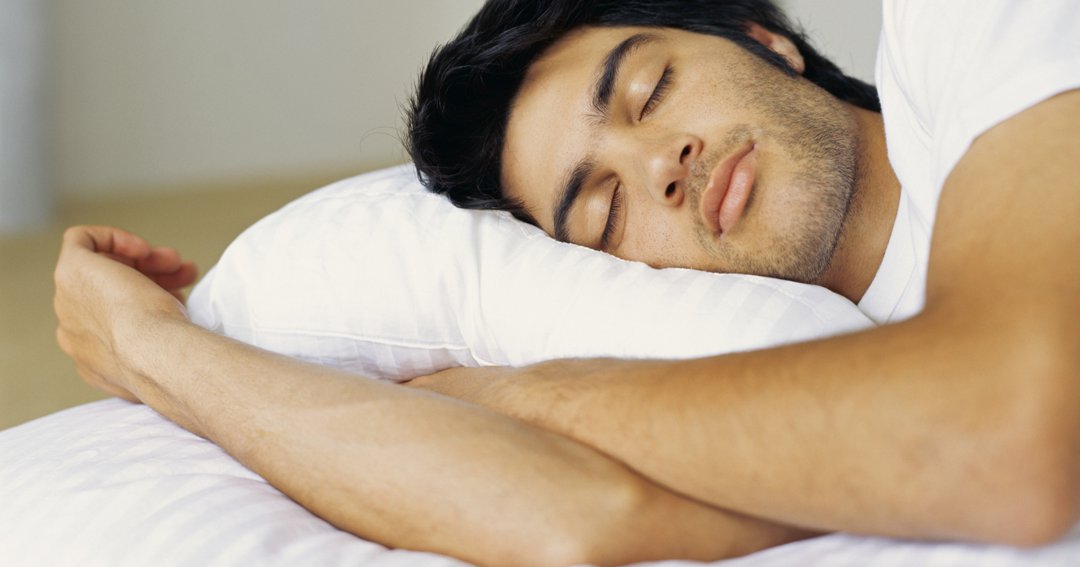Most people know that sleep is important, but many of us still don't get enough sleep on a regular basis. Sleep deprivation can cause all sorts of problems, both physically and mentally. In this blog post, we will discuss 5 signs that you need more sleep. If you are experiencing any of these signs, it's time to start making sleep a priority!
Yawning Mid-Sentence? Time To Get More Sleep!
Sign number one that you need more sleep is if you are always tired (obvious one I know, but we have to start somewhere!). If you find yourself struggling to get through the day, no matter how much coffee you drink, then it's time to start getting more sleep. Feeling exhausted all the time is a sure sign that your body is not getting the rest it needs.
Keeping an eye out of the classic signs of a lack of sleep might seem obvious to you, but not so much to others. Bags under your eyes, consistent yawning, trouble keeping your eyes open and just an overall lack of energy are just a few of the ways your body tries to tell you it needs more Z's!
Brain Always Foggy Before 11 AM?
Another sign that you need more sleep is if you have trouble concentrating. If you find yourself having difficulty focusing on tasks or feeling like your mind is constantly racing, it could be a sign of sleep deprivation. Getting enough sleep will help improve your concentration and focus.
Brain fog is a term used to describe a lack of focus, poor concentration, and forgetfulness. Brain fog can be caused by sleep deprivation, stress, anxiety, and other factors. When you're feeling brain foggy, it can be difficult to get work done or to focus on anything.
There are a few different remedies for brain fog that you can try. One is to get more sleep and rest (obviously), as this can help your body recover. You may also want to try taking some time for yourself to relax and de-stress, as this can help clear your mind.
Sleep Deprivation Makes You CRAVE Junk Food!
It's no secret that sleep deprivation can lead to bad habits. One of the worst is the desire for junk food, and research shows it's not a coincidence. A lack of sleep causes us to crave high-sugar foods such as pizza, ice cream, cookies—anything with lots of sugar or carbs. Our bodies associate these types of foods with pleasure, rest and a sense of relaxation.
When we're sleep-deprived, our brains are working overtime to make up for the lack of rest. This can lead to changes in our hormone levels, including a drop in leptin (the hormone that tells us we're full) and an increase in ghrelin (the hormone that makes us feel hungry). Combine this with the fact that when we're tired, our willpower is weaker and we're more likely to indulge in unhealthy foods, and you have a recipe for disaster!
So what can you do to combat the cravings?
- Avoid eating large meals close to bedtime.
- Make sure you have healthy snacks on hand, such as fruits and vegetables, nuts and seeds, or yogurt.
- Avoid drinking caffeine and alcohol before bed.
- Make sure your bedroom is dark, quiet and cool.
- Practice some relaxation techniques before bed, such as deep breathing exercises or yoga.
Feeling Angry? Getting Short With Your Co-Workers? You Aren't Alone!
When we're sleep-deprived, it's not just our concentration and focus that suffers—our moods do too. We can become irritable and short-tempered, and can even experience mood swings. This is because sleep deprivation affects the levels of certain chemicals in our brains, including serotonin. Serotonin influences sleep-wake cycles, in addition to sexual desire and function, anger, and mood. Too little serotonin can lead to sleep deprivation and the inability to rest or recover, while too much serotonin can lead to anxiety and restlessness.
Sleep deprivation can have a serious impact on our mental health. If you're struggling to get enough sleep, it's important to talk to your doctor or mental health professional. They can help you identify the underlying cause and find a solution that works for you.
Finally
We hope this article has convinced you that getting enough sleep is important for your overall health and well-being. Not only does a good night’s sleep help keep your brain functioning at its best, it also makes you less likely to indulge in unhealthy foods and keeps your mood stable. If you aren’t getting the recommended seven to eight hours of shut-eye per night, start making changes today to improve your sleeping habits. You may be surprised at how much better you feel when you get more rest! How many of these points about sleep deprivation did you already know? Are there any that came as a surprise to you? Let us know in the comments below.
Related Blog Post - https://recoveryplussupport.com.au/blog/5-things-you-can-do-for-better-sleep






